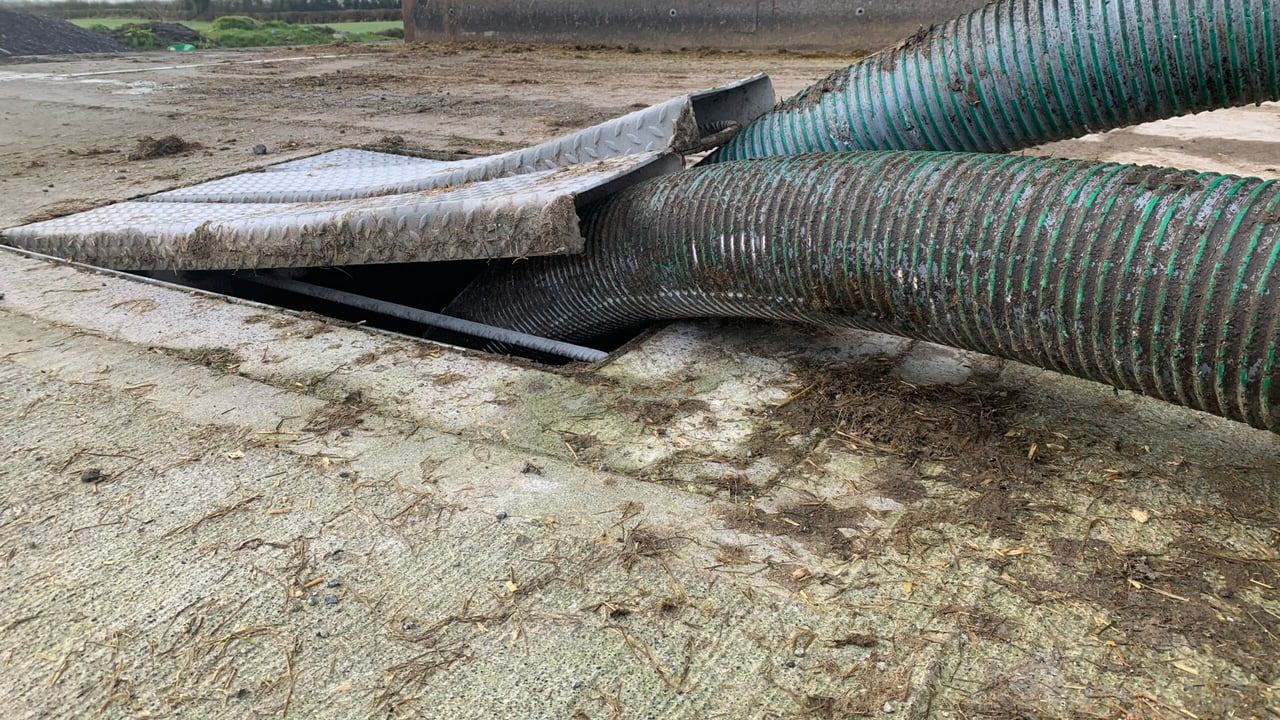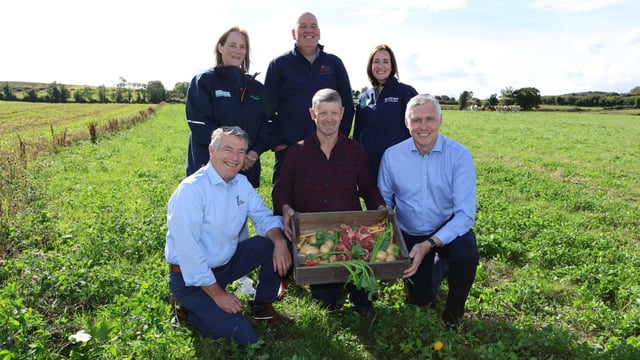Biomethane: 'Generous supports' needed for on-farm slurry storage
"Generous grant supports" will be needed for additional on-farm slurry and digestate storage under the National Biomethane Strategy, managing director of Local Power Ltd., Pat Smith has said.
The long-awaited National Biomethane Strategy, which aims to deliver 5.7 terawatt-hours (TWh) of indigenous biomethane per year by 2030, is being brought to cabinet today (Tuesday, May 28).
The strategy plans to produce zero-carbon home-grown gas through the process of anaerobic digestion (AD) using grass and organic waste, which, it is hoped, will give farmers a new way to generate additional income.
Commenting on the biomethane strategy, which comes with €40 million in funding, Smith said a biomethane industry in Ireland can "help" the farming sector deal with "nitrates issues".
The Department of Agriculture, Food and the Marine (DAFM) "must ensure" that derogation farmers can export slurry to an AD plant and get organic fertiliser returned in the form of digestate on an equivalent volume basis, he said.
“In addition, generous grant supports will be needed to assist farmers to put additional slurry and digestate storage in place on their farms.
"This will be critical in ensuring that the use of sustainable fertilisers from AD plants is optimised on Irish farms and that the purchase of imported fertilisers [is] reduced," Smith added.
The National Biomethane Strategy is being brought to cabinet today by Minister for Agriculture, Food and the Marine, Charlie McConalogue and Minister for Environment, Climate and Communications, Eamon Ryan.
The strategy represents Ireland’s first major policy statement on biomethane, and is considered a “milestone” in the development of an indigenous biomethane sector.
Benefits for the agri-sector include alternative farm income avenues through production of renewable energy, and the availability of digestate to reduce fertiliser costs, Minister McConalogue said.
Despite welcoming the funding allocation of €40 million, Smith said this will "not be near enough" to meet the production targets, and that "significant" additional funding will be required in the years ahead.
“The strategy must also ensure that indigenous renewable gas is prioritised in ensuring that gas utilities meet their renewable heat obligations," the managing director of Local Power Ltd. said.





